Does your dog lick his butt?
Dogs lick their rears to keep them clean and fresh, but sometimes the butt licking can be a sign of a problem with anal glands.
Anal glands are the glands on either side of your dog’s rectum that produce a very pungent fluid. They seem to serve no purpose to the health of a dog other than marking and identification. They tag his body and his feces as belonging to him. Because of their location so close to the anus, the glands can become impacted and even infected.
As a dog parent, you should be aware of the signs of the “fire down below.”

5 Signs Your Dog Has A Butt Problem
Licking the Butt? Dragging the Rear? Your dog might be alerting you of an issue in the anal glands with the following signs:
1. Scooting
Dogs drag their rears along the ground because of itching or pain around the anal area. This behavior can sometimes be a normal method of removing debris or a passing itch, but any dog that scoots more than occasionally may have a problem. But its not just impacted or infected anal glands that can cause a dog to drag their butt on the ground. Find out the reasons behind the butt scoot and how you can help your dog sit still.
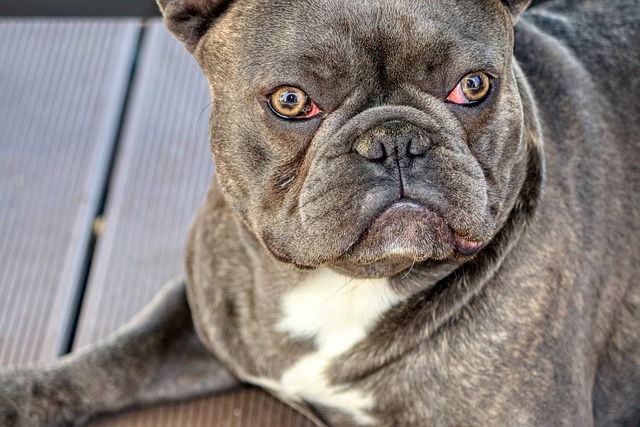
2. Licking
Some dogs routinely lick their private areas and you will know if your dog is one who normally does this. Licking from anal gland issues will be frequent and intense since it is driven by discomfort and it will often be difficult to distract your dog from it. If you are able to distract, you will notice that he is right back licking again very soon. If anal glands aren’t the issue, consider environmental or food allergies as a potential source behind the licking problems.
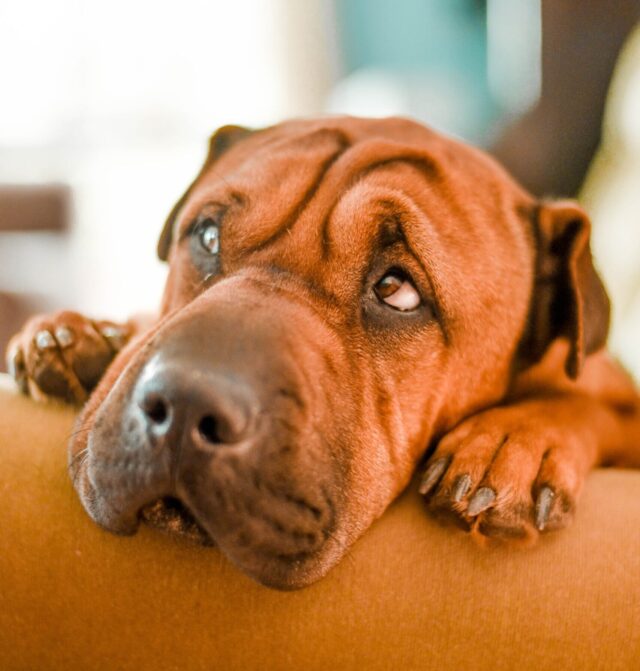
3. Looking
Along with a dog licking his butt and scooting across the ground, dog parents report a preoccupation with the rear end in affected dogs. Sometimes they will jump up suddenly and look around at the rectal area as if startled. It seems to be related to pain and we know that there are many nerves in this area, so if you find your dog looking around in surprise often, this sudden fascination with their hind end might be a hint of trouble in the behind. If you’re worried something is hurting your dog, look for these 5 Signs Your Dog is in Pain.
4. Foul Odor
The anal glands normally release a very pungent discharge that is even stronger than the smell of feces. Normal release occurs at the time of defecation, so it happens away from you and your dog leaves any strong stink with the waste. If you notice a foul, sometimes fishy odor on your dog or anywhere she lies, it could be a sign that the glands are abnormal. Leaking foul odor at odd times can be a warning to get help. If you are worried your dog has an odd smell, these are the 5 Red Flag Smells To Look Out For.
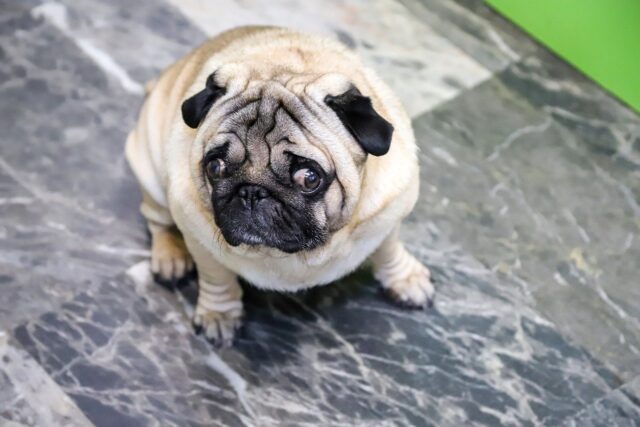
5. Open Wounds
If the glands become infected, they can produce an abscess (pocket of pus) that will rupture out onto the skin near the rectum. Once this happens, your dog will most certainly be showing you the signs listed here as well as a draining open wound. Any open wound, bright on for any reason, needs veterinary attention as soon as possible.
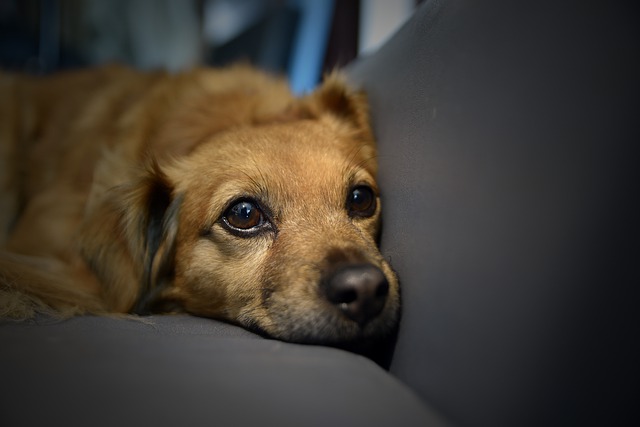
Anal sac disease is a very important issue because of pain and infection. It needs to be looked into by a veterinarian. If you see your dog licking his butt or scooting, do not be tempted to try and express the infected glands yourself. Once the infection is present, your handling is likely to drive infected matter deeper into the tissues. Trying to ‘fix it ‘ at home will certainly be uncomfortable for your dog. Keep your bond healthy and let the veterinary professionals handle this painful and common issue. There is help for anal gland disease, so neither you nor your dog has to suffer in silence.
Tip: Adding a probiotic+prebiotic can do wonders for solidifying your dog’s poop. Our favorite option available on Amazon is below:


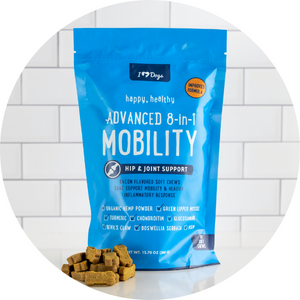
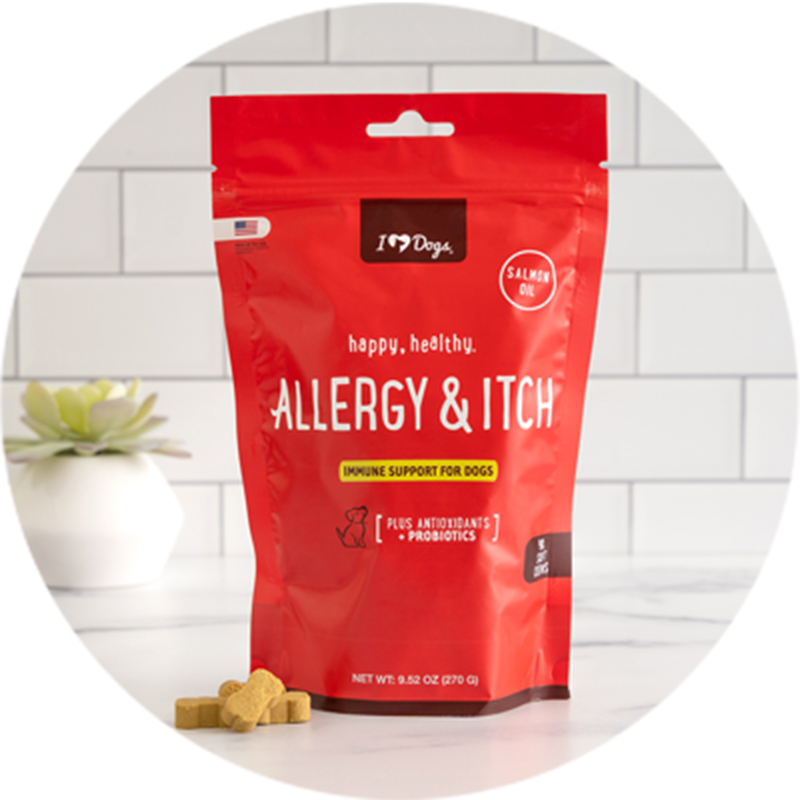
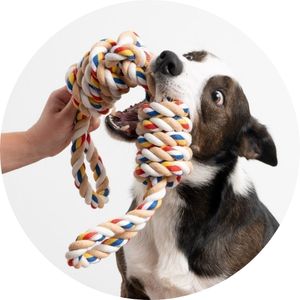
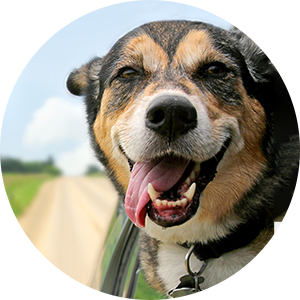
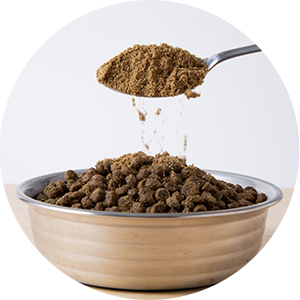
 Toledo, United States.
Toledo, United States.
